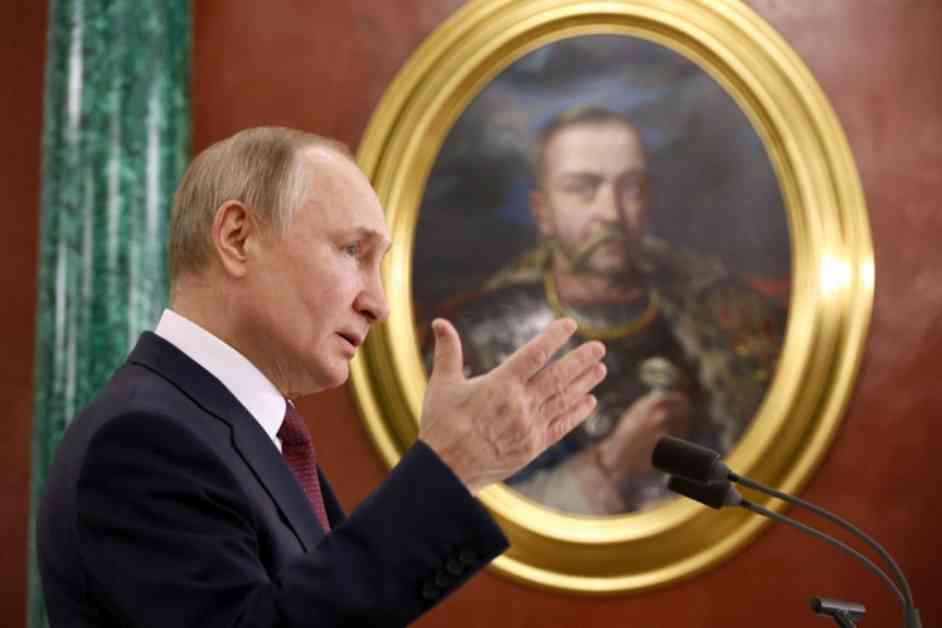Russia Denounces French Nuclear Threat: A Return to Napoleon’s Times
Russia’s Foreign Minister Sergei Lavrov labeled President Emmanuel Macron’s recent comments on extending France’s nuclear deterrent to other European nations as a “threat.” Lavrov expressed Russia’s opposition to European forces being stationed in Ukraine if a peace agreement were to be reached to resolve the conflict. Macron’s assertion that Russia poses a threat to France and Europe, along with concerns over the United States’ changing stance on the Ukraine crisis under President Donald Trump, prompted discussions on extending France’s nuclear deterrence.
French Nuclear Deterrent: A Provocative Move
During a press conference, Lavrov emphasized the gravity of Macron’s statements, interpreting them as a direct threat to Russia. Macron’s proposal to debate the expansion of France’s nuclear deterrent following a conversation with Germany’s probable next chancellor Friedrich Merz raised alarm in Moscow. Lavrov cautioned against the implications of France preparing to use nuclear weapons against Russia, highlighting the heightened tensions between the two nations.
Escalating Tensions: Historical Parallels and Present-Day Realities
In a poignant reference to history, Russian President Vladimir Putin drew parallels between Macron’s rhetoric and the ambitions of past leaders like Napoleon. Putin’s remarks alluded to Napoleon Bonaparte’s ill-fated invasion of the Russian Empire in 1812, drawing a stark comparison to Macron’s current stance. Macron, in turn, characterized Putin as an “imperialist” with a penchant for rewriting history, reflecting the deep-seated animosity between the two leaders.
Amid escalating accusations and counterclaims, Macron’s assertions that European military forces could intervene in Ukraine to ensure compliance with a peace agreement further fueled the diplomatic row. Lavrov reiterated Russia’s steadfast opposition to the deployment of European troops in Ukraine, citing concerns over their impartiality. Drawing parallels between Macron and historical figures like Hitler and Napoleon, Lavrov underscored the severity of the situation, dismissing Macron’s accusations as baseless and inflammatory.
As the war of words between Moscow and Paris intensified, Kremlin spokesperson Dmitry Peskov criticized Macron’s rhetoric as confrontational and suggestive of France’s desire to prolong the conflict. Macron’s portrayal of Russia as an adversary rather than acknowledging NATO’s encroachment on Russian borders further exacerbated tensions. Defense Minister Andrey Belousov’s visit to Russia’s nuclear weapons development facility underscored the country’s commitment to bolstering its military capabilities in the face of escalating geopolitical tensions.
In conclusion, the simmering diplomatic standoff between Russia and France underscores the fragile balance of power in Europe and the intricate web of alliances and animosities that shape international relations. As Macron and Putin engage in a war of words reminiscent of historical conflicts, the specter of nuclear escalation looms large, underscoring the urgent need for diplomatic de-escalation and dialogue to avert a potentially catastrophic confrontation.

















